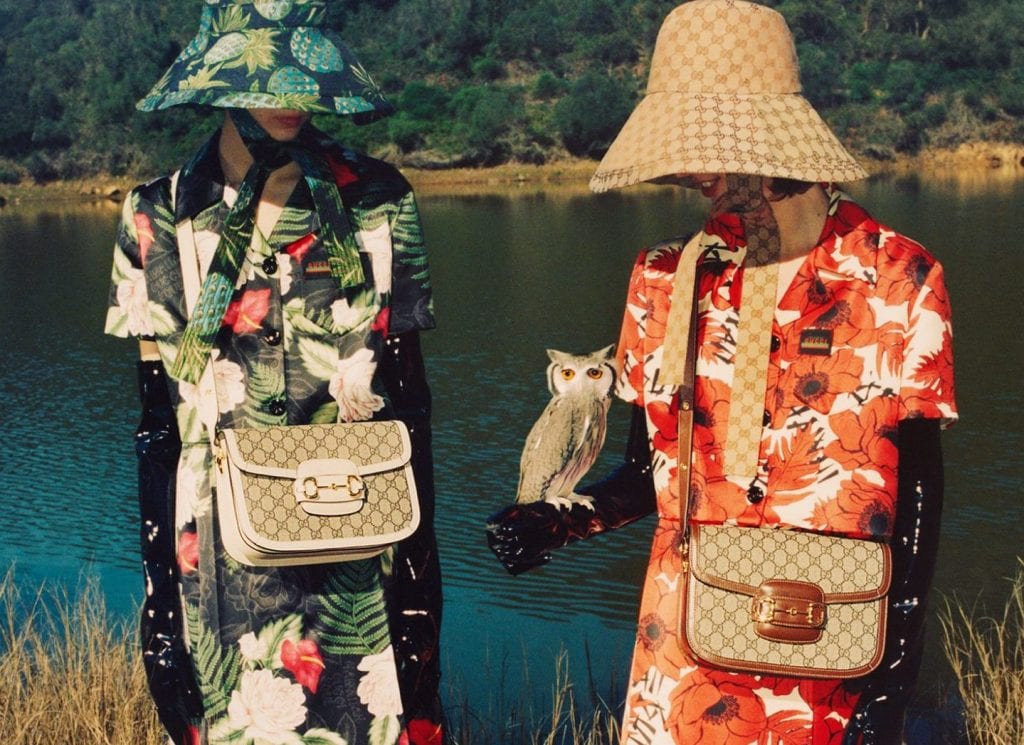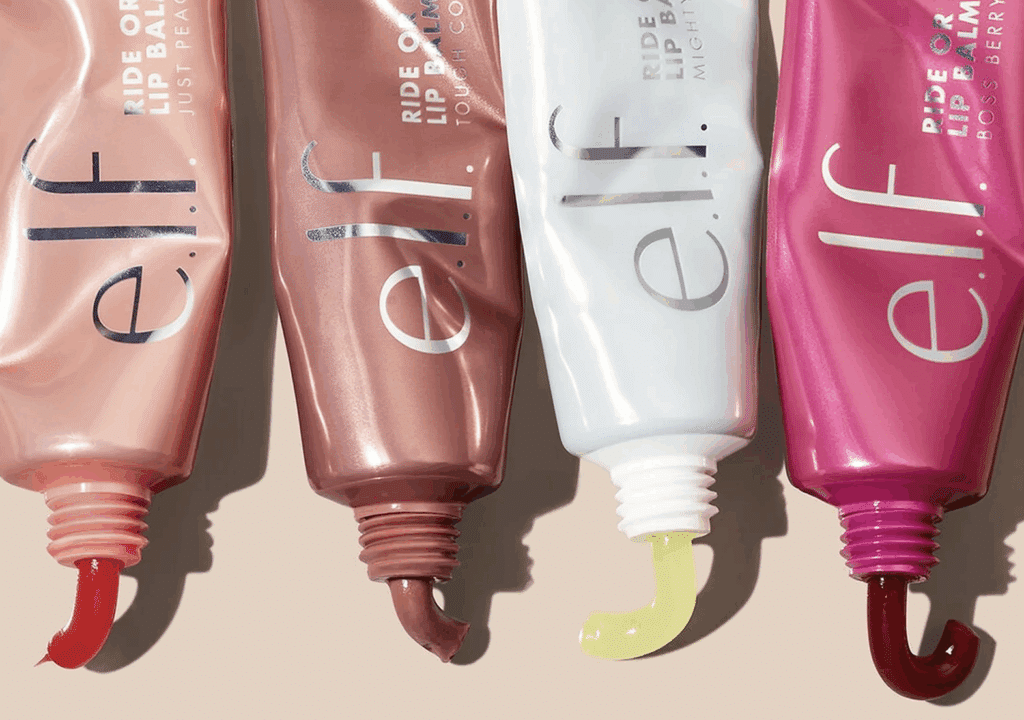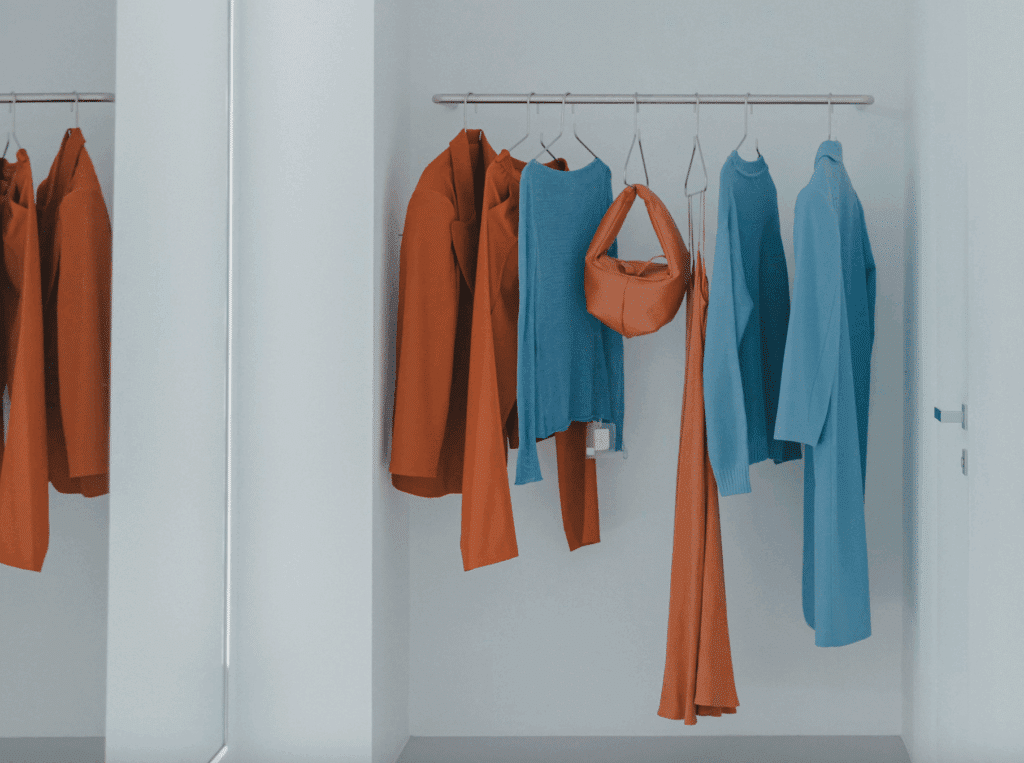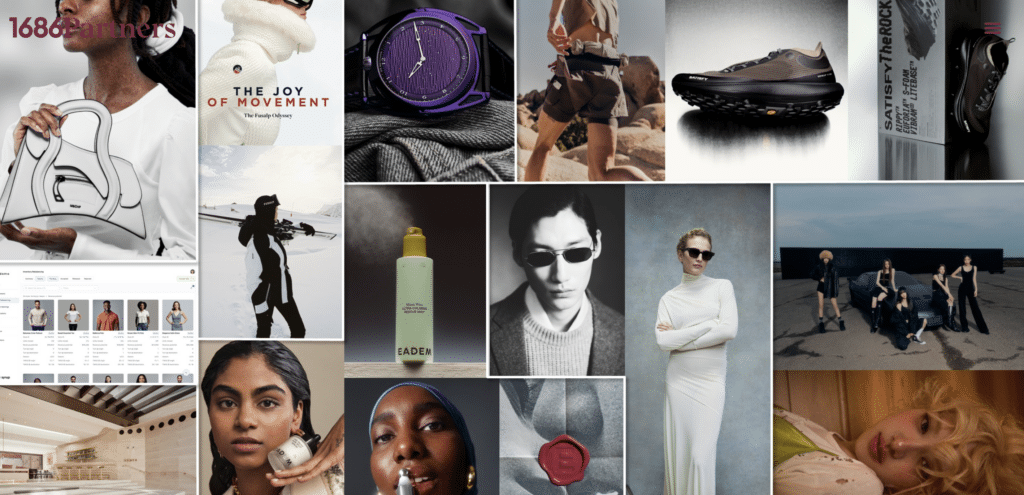Kering saw its sales for the second quarter drop by 43.7 percent to $2.55 billion compared the same 3-month period last year due to store closures across the globe and reduced consumer spending, more generally, in connection with the COVID-19 health pandemic. For the first six months of the year, the Paris-based group – which owns Gucci, Saint Laurent, Bottega Veneta, Alexander McQueen, and Balenciaga, among a number of other luxury brands – generated $6.3 billion in sales, which is 30.1 percent short of the revenue it brought in during the same period in 2019, according to its 2020 half-year report.
In terms of the breakdown of Kering’s individual brands …
Gucci
Kering’s largest house generated $3.6 billion for the 6 month period, which is a drop of 33.8 percent on a comparable basis. “Online sales performed particularly well in the first half,” up 51.8 percent, according to Kering, but the brand’s wholesale revenue was down 36.1 percent, which “reflects difficulties encountered by key accounts, in particular in the United States,” in light of COVID-19.
The drop in wholesale revenue can be attributed to Gucci’s “ongoing initiatives to enhance the exclusivity of its distribution” by limited its activity with third-party stockists. In a note published after Kering’s earnings call on Tuesday, Sanford C. Bernstein & Co. analysts stated that “Kering reiterated its long-term strategy to tighten control over distribution by further downsizing number of wholesale doors and further retailizing some wholesale partners, both offline and online (move to virtual concessions).”
While Kering stated that it cannot provide a forecast for the second half of the year as of now, it did reveal that as stores have begun to reopen post-COVID, Gucci, in particular has “regained a favorable momentum with local customers in its main markets.”
Saint Laurent
Under the watch of creative director Anthony Vaccarello and CEO Francesca Bellettini, Saint Laurent generated $798 million in revenue for the first half, down on a comparable basis by 30.6 percent. Revenue generated in directly-operated stores was down by 33.3 percent and wholesale revenue dropped by 23.7 percent. Kering noted in the call on Tuesday that it is seeing “gradual improvement” in the Asia-Pacific region with, rebounds coming mostly by way of Mainland China and Korea. The group also pointed to the launch of Saint Laurent’s China-specific e-comemrce site, YSL.cn, which occurred in June.
Bottega Veneta
In a “reflection [of the] ongoing success of the brand’s reinvention,” Bottega Veneta had sales of $589.51 million during the first half of 2020, with sales down by 9.5 percent on a comparable basis. “Online sales more than doubled” for the brand during that time, according to Kering, while “wholesale revenue grew sharply (up 31.9 percent), thanks to the overwhelming appeal of the brand’s new collections [under creative director Daniel Lee], as the House further reinforces the selectivity of its distribution.”
Looking at second quarter revenue, alone, which corresponds to April through June 2020 (and which is the quarter that has been expected to bear the most significant COVID-19 impact in terms of revenue reported to date), Bottega Veneta, the smallest of the three houses, saw the smallest drop in sales – 24.4 percent on a comparable basis for the 3-month period. Gucci sales dropped by 44.7 percent and Saint Laurent by 48.4 percent.
According to Bernstein, the group has benefited from beefed up digital numbers for the first half of the year, with “North America online penetration reaching a record level” – from 13 percent in the first half of 2019 to 26 percent in the same period this year. The analysts also noted that “online penetration is still increasing despite store re-openings, especially in China, with triple digit growth across its brands, especially for Gucci,” suggesting that there is, in fact, merit to enduring reports that the pandemic will significantly impact consumption methods even after the immediate lockdown phase.
Reuters revealed that Kering “is cutting costs” in light of the enduring impact of COVID, but “not canning investments in its brands altogether, which usually spend on marketing campaigns and events like fashion shows that give them visibility.” Citing analysts, the publication also asserted that Kering’s bottomline was aided by its “higher dependence on third-party manufacturing, which helped it mitigate the impact of fixed costs when its factories had to close because of the health crisis.”
Kering chairman and chief executive François-Henri Pinault stated on Tuesday that while the group “entered 2020 in a particularly solid position,” the impact of COVID-19 has made “the first half of 2020 the toughest period we have faced.” Nonetheless, Pinault pointed to Kering’s “global scale, the desirability and agility of our brands, and our values of sustainability and responsibility” as “key assets in weathering current conditions.”














